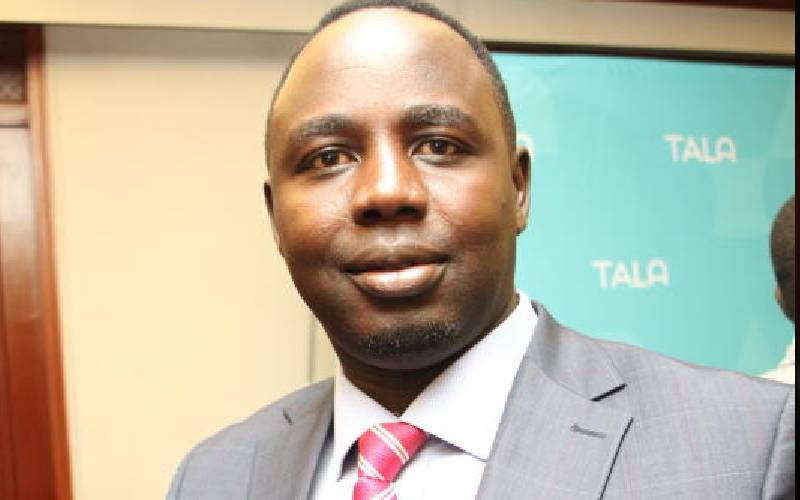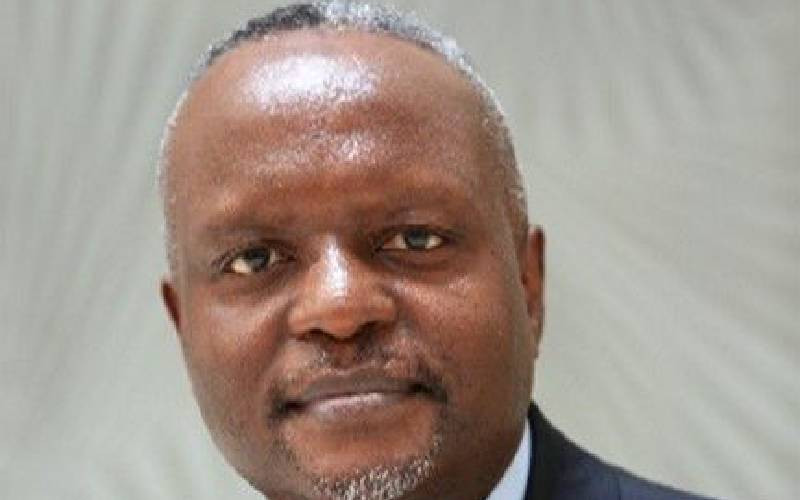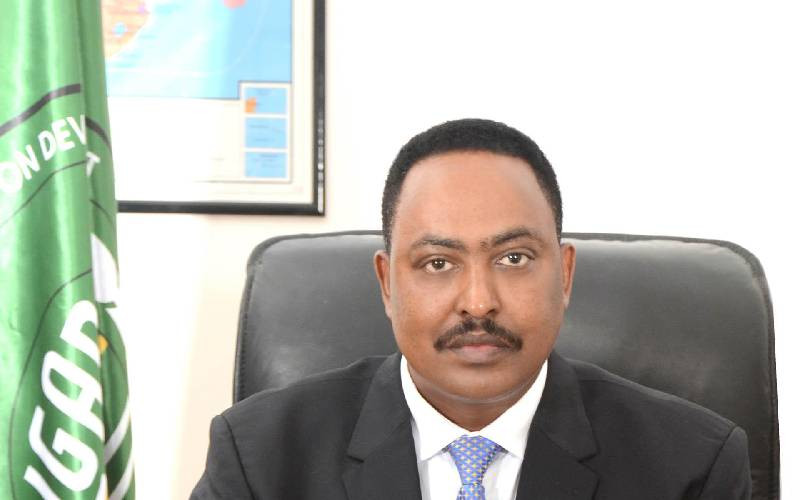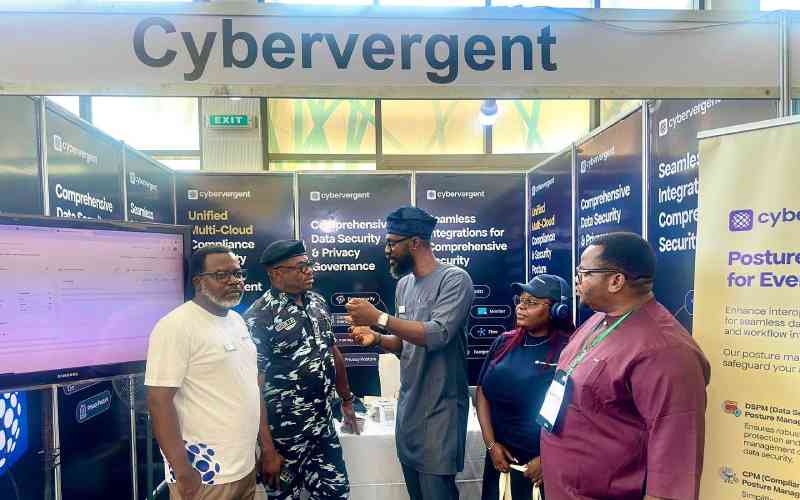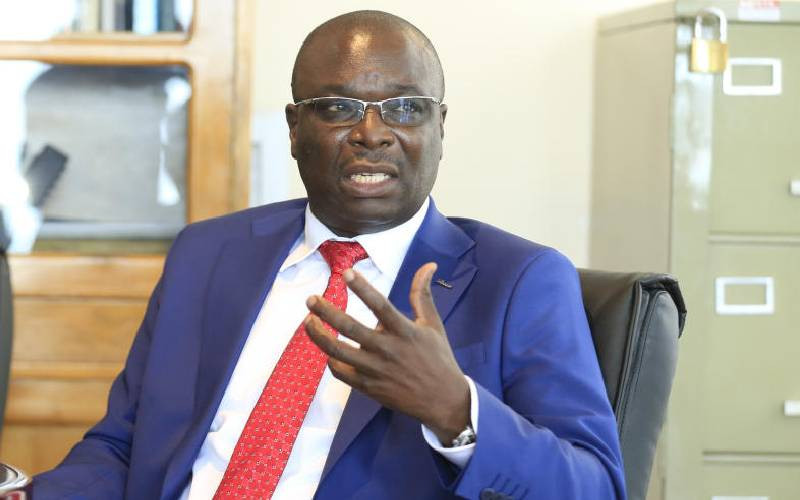
Medical Services Principal Secretary Ouma Oluga has called for smarter investments and increase of local funding to realise Kenya’s Universal Health Coverage (UHC) ambitions, amid shrinking donor funding and rising demands.
Speaking at the opening of the 42nd annual scientific congress of the Kenya Cardiac Society (KCS) in Mombasa, the PS acknowledged the crucial role of the medical community in guiding health policy, saying while policymakers may have authority, they rely heavily on experts knowledge from the field to make the right decisions.
He urged health care experts to come up with accurate data that would influence policy and enable the sector get enhanced funding amid limited resources.
“We do not have the kind of knowledge that you have… but the decision to do the right thing is political,” he said.
The PS revealed that cardiovascular diseases account for 10 per cent of deaths in Kenya, with 25 per cent of the population currently living with hypertension.
Dr Oluga said the government is reviewing how best to allocate limited resources to achieve maximum impact, noting that over Sh7 billion is spent annually on dialysis alone.
“We must ask ourselves; what investments will give us the greatest dividends?” he posed.
He noted that health financing, human resources, commodity security and digitization are key in the UHC journey and the health sector should compete for allocation of resources.
Noting a recent Sh6.9 billion reduction in donor support from the Global Fund, the PS said Kenya is now accelerating efforts to finance its own health sector.
“We must mobilise more local resources—either by paying taxes or contributing through the Social Health Authority (SHA). We are moving toward self-reliance,” he said.
Cardiovascular diseases
KCS president Dr Bernard Samia said the society will enhance its complementary role to increase knowledge among clinicians and the public on cardiovascular diseases such as diabetes and hypertension and also compile data that would help policymakers to allocate more resources to the health sector.
“We are going to educate clinicians and the general public on the cardiovascular diseases. We are also going to process evidence to help policymakers in the allocation of resources,” he said.
He said the society will also encourage clinicians to adapt technologies, including artificial intelligence, to boost access to medical services even in remote areas.
Head of Non-communicable Diseases at the Ministry of Health Dr Gladwell Gathecha decried low level of knowledge on the risk factors of diseases such as diabetes and high blood pressure.
Stay informed. Subscribe to our newsletter
“There is low level of knowledge on risk factors like smoking, alcohol use and unhealthy diets at the grassroots,” she stated, urging health professionals to help in educating the public to reduce the burden of the diseases.
Dr Oluga said Kenya must ensure all citizens have access to health professionals noting that health workers are the bloodstream of the country.
He called for stronger linkages between universities and the health sector to produce more competent workers and ensure equitable distribution to health facilities.
To strengthen commodity security, the PS urged greater investment in local pharmaceutical manufacturing to increase domestic production from 23 per cent to 50 per cent.
He emphasized the need for better alignment between prescription practices and procurement decisions to enhance patient experience.
“Patients should receive what they need, and what we produce must reflect that demand,” he added.
On digitisation, the PS underscored its potential to drive evidence-based policymaking, improve efficiency, and enhance patient care.
“Data helps us deploy resources more effectively and allows patients to move through the system more smoothly. The fact that a patient has to see nine people before getting a proper diagnosis is unacceptable,” he said.

